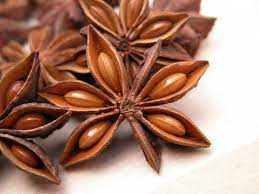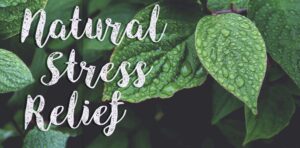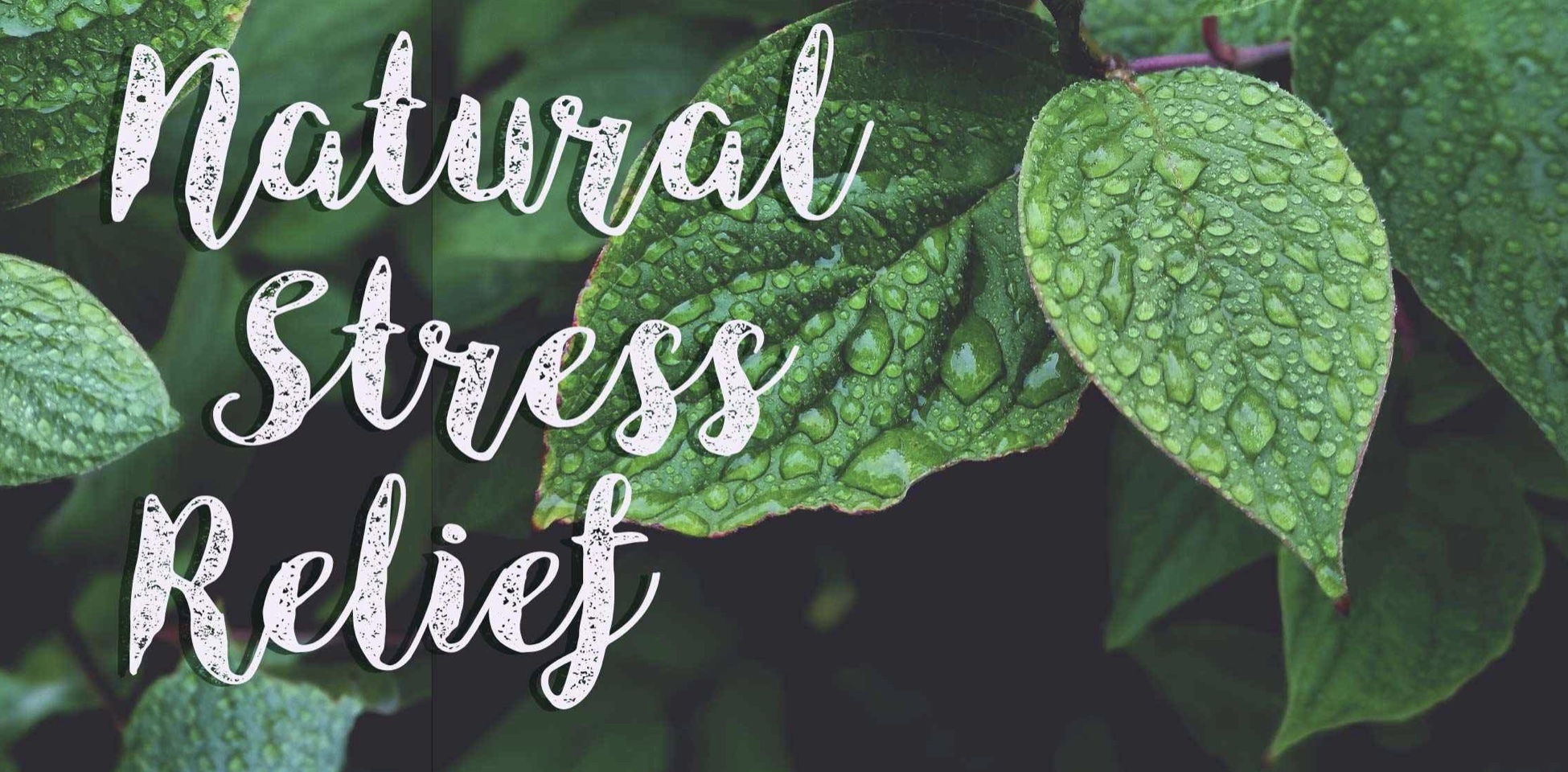Can Chinese herbs be used to treat even severe diseases like anxiety?

Chinese Herbs Anxiety
How does Traditional Chinese Medicine look at Anxiety, from a Western Medical Language Standpoint?
- Balancing the nervous system: Chinese herbs can help balance the nervous system and calm the mind, reducing symptoms of anxiety.
- Regulating hormones:Some herbs regulate the levels of hormones in the body, which can reduce anxiety and other emotional symptoms.
- Reducing inflammation:Chronic inflammation has been linked to anxiety, and some Chinese herbs have anti-inflammatory properties that help reduce anxiety symptoms.
- Improving sleep:Poor sleep can contribute to anxiety, and some Chinese herbs promote sleep and improve sleep quality, which can help reduce anxiety symptoms.
- Supporting the liver: In traditional Chinese medicine, the liver plays a central role in emotional balance. Some Chinese herbs upport liver function, which may help reduce symptoms of anxiety.
Chinese herbs work together in specially created herbal formulas that are specific for an individual’s needs. Check out this video about Chinese Medicine Herbs: https://www.youtube.com/watch?v=xREy3Ze1ZtE&t=25s

Anxiety and Stress
How does Traditional Chinese Medicine look at Anxiety, from a TCM standpoint?
Here’s the fun part! You’re going to get to learn some TCM terminology! When I first learned these terms, I thought they sounded weird! I wanted to understand if they were real or analogy. The best answer I can give you to that is YES! It is real, and it is analogy. Read on to see what I mean!
In Traditional Chinese Medicine (TCM), anxiety is classified into different patterns or differentiations based on the specific symptoms and underlying causes.
Here are some of the common TCM differentiations for anxiety:
- Liver Qi Stagnation:Put your right hand on your right ribcage, directly below the breast. That’s where your liver is. According to TCM theory, the liver controls the smooth flow of qi (vital energy) throughout the body. When the liver qi becomes stagnant, it can cause anxiety, irritability, and mood swings. This can also cause symptoms such as chest tightness, sighing, and a feeling of fullness or discomfort in the chest or hypochondria. Herbs and acupuncture points regulate the liver and promote the smooth flow of qi.
- Heart and Spleen Deficiency:The heart and spleen are considered responsible for mental and emotional stability in TCM. When the heart and spleen are deficient, this leads to anxiety, insomnia, and palpitations. This can also cause symptoms such as fatigue, poor appetite, and loose stools. Herbs and acupuncture points tonify the heart and spleen.
- Kidney Yin Deficiency: The kidneys are the foundation of yin and yang in the body. When the kidney yin is deficient, it causes anxiety, insomnia, and palpitations. This can also cause symptoms such as hot flashes, night sweats, and dry mouth and throat. Herbs and acupuncture points are used to nourish and tonify the kidney yin.
- Phlegm Fire Harassing the Heart: According to TCM theory, phlegm and fire can accumulate in the body and disturb the mind, leading to anxiety and restlessness. It also causes other symptoms such as palpitations, insomnia, and a feeling of heat in the chest. Herbs and acupuncture points clear phlegm and cool the heart.
It is important to note that TCM differentiations are not equivalent to Western medical diagnoses, and a comprehensive evaluation by a licensed TCM practitioner is necessary to determine the underlying pattern and appropriate treatment plan for individual cases.
Read more about Chinese Medicine and Anxiety here: https://longevitywellnessclinic.com/services/anxiety/
Resources
Check out our resources page, where you can learn Qigong exercises and follow a guided breathing meditation. www.longevitywellnessclinic.com/resources/ These exercises done in conjunction with Chinese Herbal formula and acupuncture have helped many people avoid Zoloft and other SSRI’s that can cause heart disease. See my article here: https://longevitywellnessclinic.com/zoloft-and-heart-disease/
We can help!
We’d LOVE to help you overcome anxiety! Just click the BOOK NOW button on the top right, or on our home page, for your Initial Consultation or your Free Meet and Greet! You can also reach us directly at (941) 923-9355.



